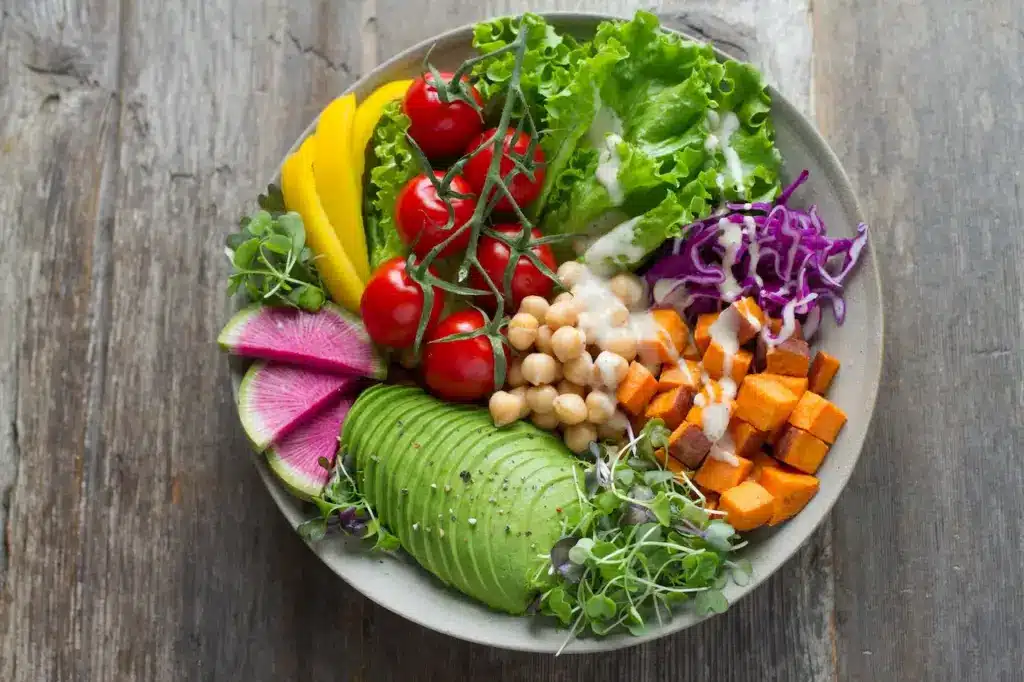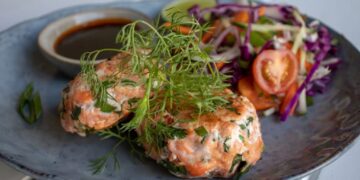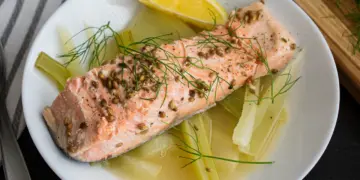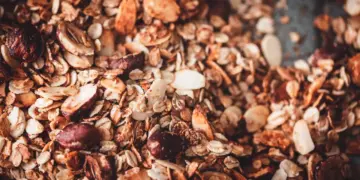Fuel For Movement – Eating Well For More Energy
Movement in its various forms constitutes exercise: running, walking, dancing, Pilates, yoga, swimming, gardening, even high intensity housework (turn up your favourite tracks and get your housework done super fast!). We encourage all people to move a little more every day.
The health benefits gained from exercise are amazing including: reduced risk of developing metabolic syndrome, Type 2 diabetes, cardiovascular disease, osteoporosis and dementias; reduced risk of falls as we age; better sleep and improved mood; and maintenance of a healthy body weight and body composition. And that’s just to name a few!
But how do you keep your body well fuelled for movement? Very often we are asked by guest what they should eat pre- and post- exercise. Certainly there is a science behind fuelling athletes for movement, endurance and performance. So we have put together a few little pointers to help fuel your movement and get the best out of your workouts (recommended for those engaging in 30 to 90 minutes of moderate exercise most days of the week).

Little or no time before exercise
If you’re like me, you’re out of bed and straight to the gym. There’s no time for eating. For many people eating soon before exercise can actually diminish performance or make them feel a little unwell. If you only have a little time before working out (say up to an hour) then a very light snack might suffice: a couple of small spoons of yoghurt with a small amount of fruit or even just half a banana.
1-2 hours before exercise
This provides a little more time to fuel up before exercising. If you exercise in the morning try: a small serve of porridge with banana and walnuts; a small bowl of muesli with yoghurt and fruit; a whole piece of fruit; or one piece of good quality sourdough fruit bread with nut butter.
3-4 hours before exercise
Luxurious – time for good planning! If you have 3-4 hours before you head out to move then these options might be best suited to you: a fruit smoothie (try coconut water with ½ mango, a banana and some yoghurt or kefir); 100% nut butter and banana sandwich (with a sprinkle of cinnamon) on whole grain sourdrough; small bowl of pasta (gluten free if needed) and pesto. Add a little more protein to the pre-workout meal with the more time you have.
Post Exercise
After you have finished exercising it is important to replenish your energy stores by eating some good quality complex carbohydrates; and, to repair and develop muscle by adding in good quality lean protein. Meals or snacks here might include; vegetables (including potato or sweet potato) and chicken or fish; chickpea curry and rice; sourdough with 100% nut butters, or ricotta and avocado; even a milk based smoothie if you can tolerate milk. If you’re a fan of quality protein shakes – after you exercise is the time to drink these.
Hydration
Keeping hydrated is critical for exercise and movement. For your best performance we recommend to drink a little before, during and after exercise. Just stick with water as it is generally enough to rehydrate you well. There’s no reason to choose sports drinks unless you have been working out intensely over a long period of time – in this case a sports drink or even some coconut water might be beneficial.
Having said all that there a few things to keep in the back of your mind:
It’s easy to eat more when we add exercise to our daily routine. However exercise doesn’t ‘buy’ you extra kilojoules (especially if weight management is a goal) so it’s important not to overeat.
The way we fuel our bodies every day determines our longer term performance and endurance. The key is to eat healthily most of the time – plenty of vegetables, whole-grains, lean protein – and drink plenty of water.
Given we are all so very different, we all choose to do different exercise (types and intensity) and we exercise at times most appropriate to us as individuals, it’s important to experiment a little with food types and timing of eating and find what works best for you.
Eat well. Fuel well. Move well.














